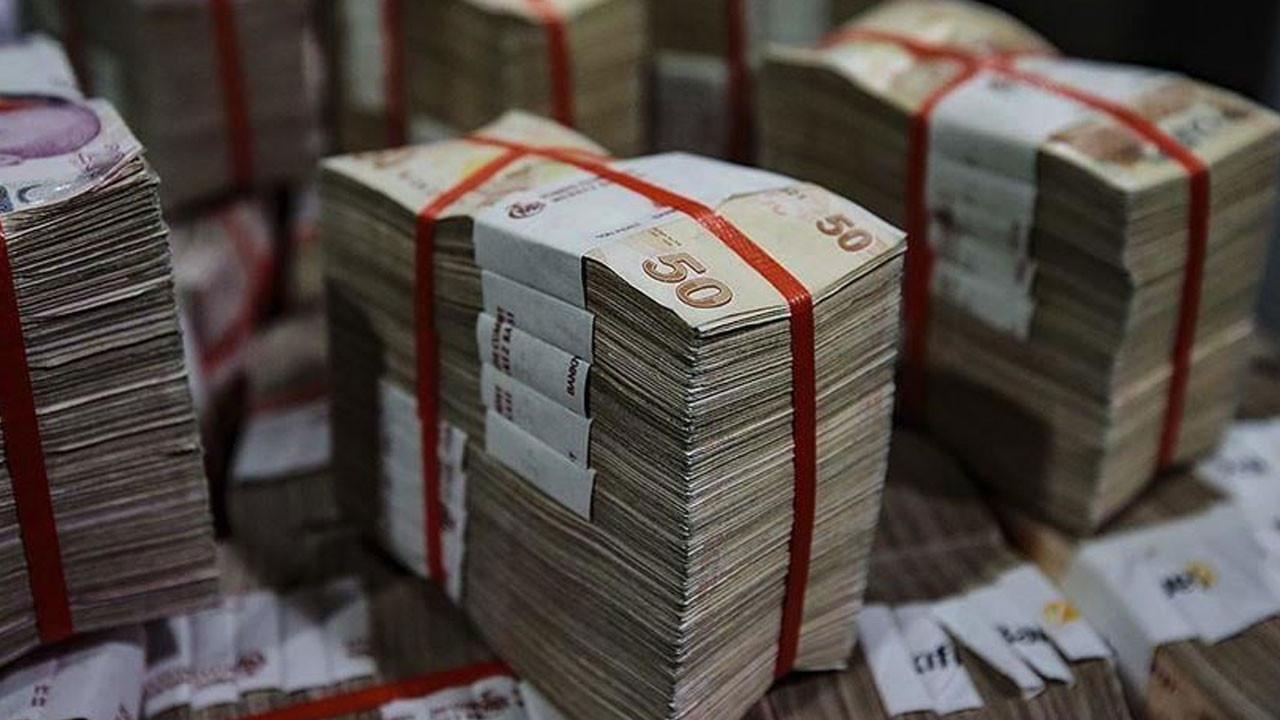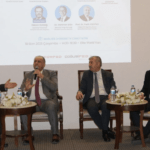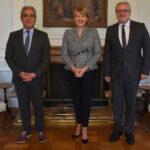Turkish markets are once again on the radar of foreign investors… According to experts, if rational policies continue, foreign inflows may accelerate after the elections.
Foreigners are looking for an opportunity to re-enter the Turkish markets, where they have exited 70 billion dollars in the last 4 years, according to experts.
Experts say that recent central bank (CBRT) policies, CDS falling below 400 basis points, and normalization in bond interest rates open the door for the foreign investor influx and Turkey can positively differentiate in 2024.
Changing economic policies following the elections have led foreigners to look for opportunities in Turkey, where they have been net sellers for a long time. Experts point out that Turkey’s 5-year bankruptcy risk premium CDS, which has fallen below 400 basis points, the normalization that comes with the upward trend in Turkish bond yields, the Central Bank’s healthy communication and decisive stance are important for foreign pricing. As long as there are no mistakes in economic normalization practices and there is no major political diplomatic change, analysts expect an inflow of 15-20 billion dollars a year.
The successive reports of foreign investment banks in recent weeks also reveal this. Especially after the presentation of the Inflation Report by CBRT Governor Gaye Erkan last week, Morgan Stanley and Citibank highlighted the tight and decisive stance of the Central Bank and emphasized that the tightening will continue.
Orca Marco Financial Consultancy Founder and Strategist Evren Kırıkoğlu stated that there is a great interest in lira-denominated assets on the foreign investor side and noted that they also have expectations. Kırıkoğlu pointed out that in 2024, Turkey could be at a point where it could diverge positively if it maintains its current new economic approach. “There is a great interest in Turkey and lira-denominated assets in the foreign investor base. Foreigners may be waiting for several different news, among which stories such as clarification of the course of interest rates, the peak, news on foreign swap restrictions, and clarification of local elections may be expected. But in the background of all of them, it is very, very obvious that the intention is to take a position in lira-denominated assets when we find the first opportunity. The policies implemented after the elections, and all the diplomatic developments that took place also confirm that there is international interest.”
TOBB ETU Faculty Member Assoc. Prof. Dr. Atilim Murat stated that the positive reports of foreign investors have not yet been seen in the inflows and said, “Moreover, since our attitude is not very clear in some geopolitical developments, the inflow of foreign investors seems difficult until the local elections next year. Foreign investors inevitably have the idea that these economic policies will continue until the elections, but they have question marks in their minds about whether there will be a change in policies about what will happen after the elections. For this reason, it seems that positive reports are likely to come, but the clear entry of foreigners depends on whether the monetary policy implemented after the 2024 elections will continue.”
Economist İnanc Sozer stated that with the implementation of the policy steps that will ensure that high inflation in the Turkish economy is permanently left behind after the elections, Turkey is back on foreign investors’ radar. “In the short term, although the costs of the past and the effects of the expected global recession may hinder investor perception and foreign investor inflows, we may witness Turkey’s relative positive divergence from the second half of 2024 onwards, as long as we increase our determination to fight inflation,” Sozer said.
Foreign investors net sellers in the first 10 months
According to the data, the share of foreign investors in Turkish bonds continues to hover at historic lows, with 0.76 percent as of October 27. Since the beginning of the year, foreign investors have sold 587.1 million dollars of stocks, while buying 472.2 million dollars of government domestic debt securities and 0.3 million dollars of private sector bonds. Thus, foreign investors realized a net outflow of 114.1 million dollars in 2023. In the last 1-year period, foreign investors sold 902.7 million dollars worth of stocks, 423.8 million dollars worth of government domestic debt securities, and 17.4 million dollars worth of private sector bonds, while foreign outflow from the securities market was 496.3 million dollars. This picture is not expected to change much until early 2024.










